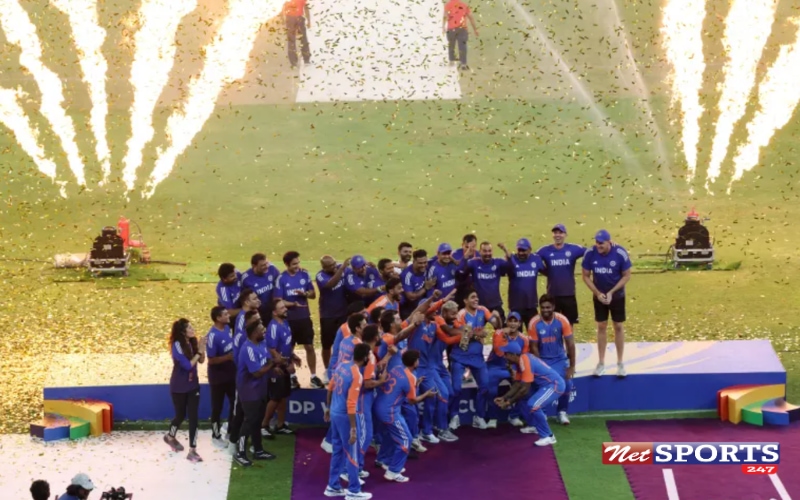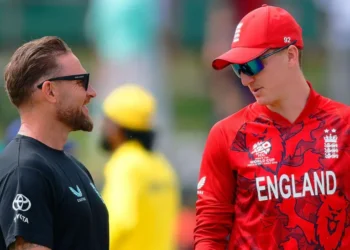Sports often bring nations together, but sometimes politics overshadows the game. The Asia Cup final between India and Pakistan in Dubai on September 29, 2025, showed exactly that. India won the match by five wickets, but what shocked everyone was their refusal to accept the trophy.
In this article, we’ll explain why the Indian team rejected the trophy, what happened during the presentation, and the political context behind this rare incident.
India’s Refusal
India refused to take the Asia Cup trophy because it was being presented by Mohsin Naqvi. Naqvi is not only the chairman of the Pakistan Cricket Board (PCB) but also Pakistan’s federal interior minister.
As he also serves as president of the Asian Cricket Council (ACC), he was scheduled to hand over the trophy. The Board of Control for Cricket in India (BCCI) made it clear that the players would not accept the trophy from him.
What Happened at the Ceremony
The game ended around 10:30pm, but the presentation dragged until midnight. Just before the ceremony, officials quietly removed the champions’ trophy from the stage. Indian players still collected their individual awards but ignored Naqvi completely.
Even during the celebrations, they pretended to lift an invisible trophy. Pakistan’s captain Salman Agha accepted the runners-up cheque from Naqvi without issue, while the actual Asia Cup trophy remained unseen.
The Political Context
This decision came after months of rising India-Pakistan tensions. In April, gunmen killed 26 tourists in Pahalgam, Kashmir, sparking military clashes. Both sides launched attacks before agreeing to a ceasefire in May.
Against this backdrop, Indian players dedicated victories to the army, while Pakistani cricketers responded with symbolic gestures on the field.
Naqvi himself was vocal during the tournament, criticising India’s refusal to shake hands with Pakistan. His dual role as a minister and ACC president made the situation even more sensitive for the Indian team.
Bigger Picture
Cricket has long acted as a bridge between India and Pakistan, famously known as “cricket diplomacy.” Past leaders used matches to reduce tensions. But this time, the sport became another arena of rivalry.
Indian captain Suryakumar Yadav admitted it was the team’s own decision to reject the trophy. He also pledged his match fee to the Indian Army, making the stance even clearer.
Conclusion
India’s refusal to take the Asia Cup trophy wasn’t about the game itself but about politics and symbolism. The players made a statement: they would celebrate the win but not accept recognition from a Pakistani leader. This unusual moment shows how deeply politics influences sport, especially when it comes to India and Pakistan.


















